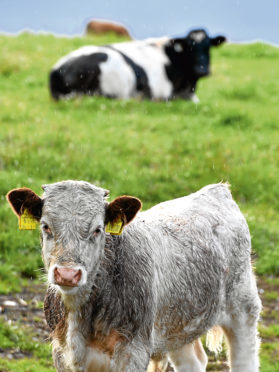Future livestock breeding should focus on animals’ ability to recycle nutrients back into the food chain, rather than on improving their lifetime productivity.
Imke de Boer, professor of animal production systems at Wageningen University in the Netherlands, said the environmental impact of livestock meant its place in food systems needed to be debated.
While animals could produce a major part of the world’s nutritional needs, there needed to be a new approach to understanding how animals best perform.
Professor de Boer told the European Federation of Animal Science conference in Croatia that the role of animals in food systems needed to focus on converting biomass that humans can’t or don’t want to eat into valuable products.
As well as nutrient-dense meat, milk and eggs, this also included manure, which could be put to good use for energy or crop production.
“By converting these leftover streams, livestock recycle nutrients back into the food system that would otherwise be lost in food production,” she said.
Instead of focusing on improving productivity of an animal over its life, Prof de Boer said focus should be on improving the way animals recycle biomass that humans can’t eat into the food system.
In future this could mean looking at different combinations of animal systems – including insects and fish – to determine which convert biomass most effectively, and looking at treatments which could improve the digestibility and nutrient availability of different biomass for animals.
“Acknowledging this recycling role of animals in the food system also offers potential to account for other functions livestock provide to humans,” Prof de Boer said.
“However, this also implies that developed countries have to significantly reduce their consumption of animal sourced foods.”
